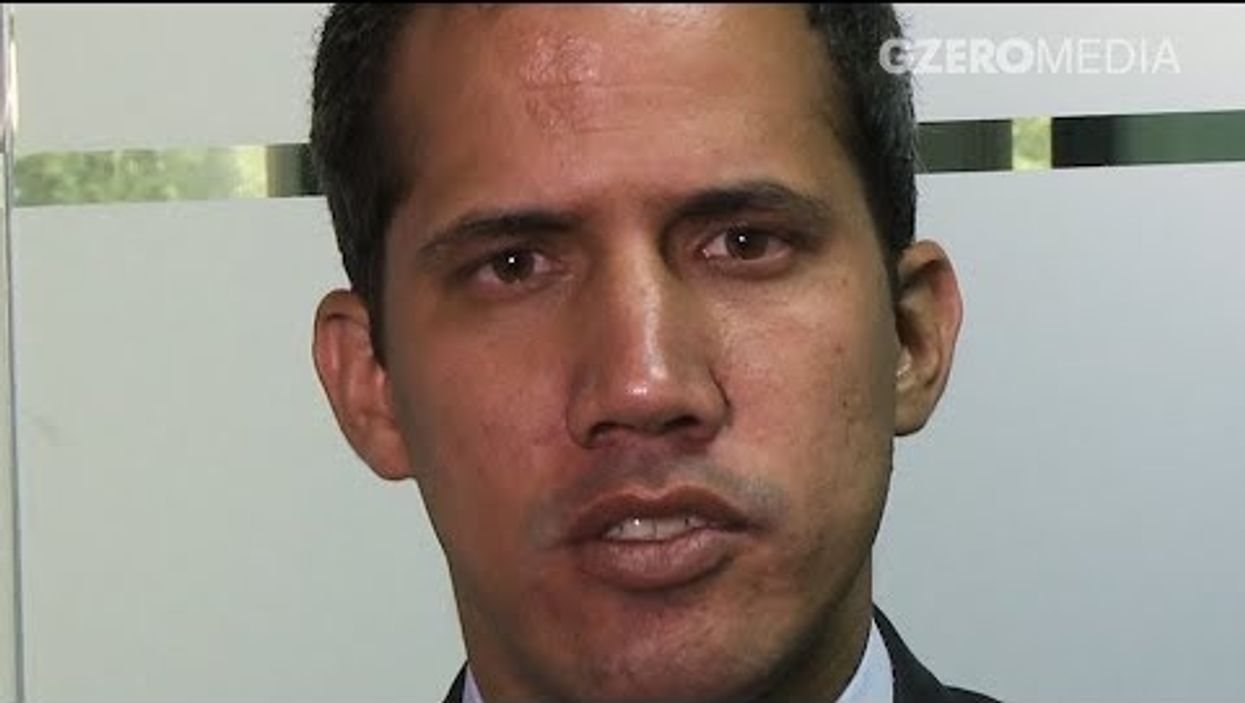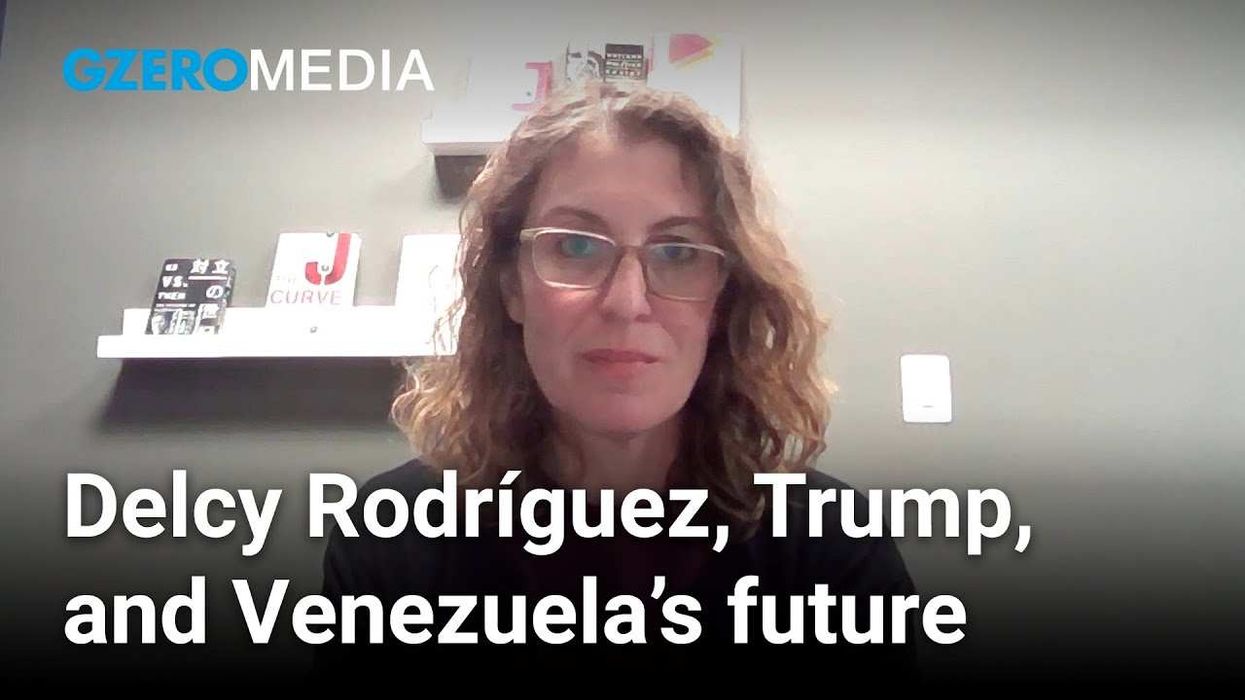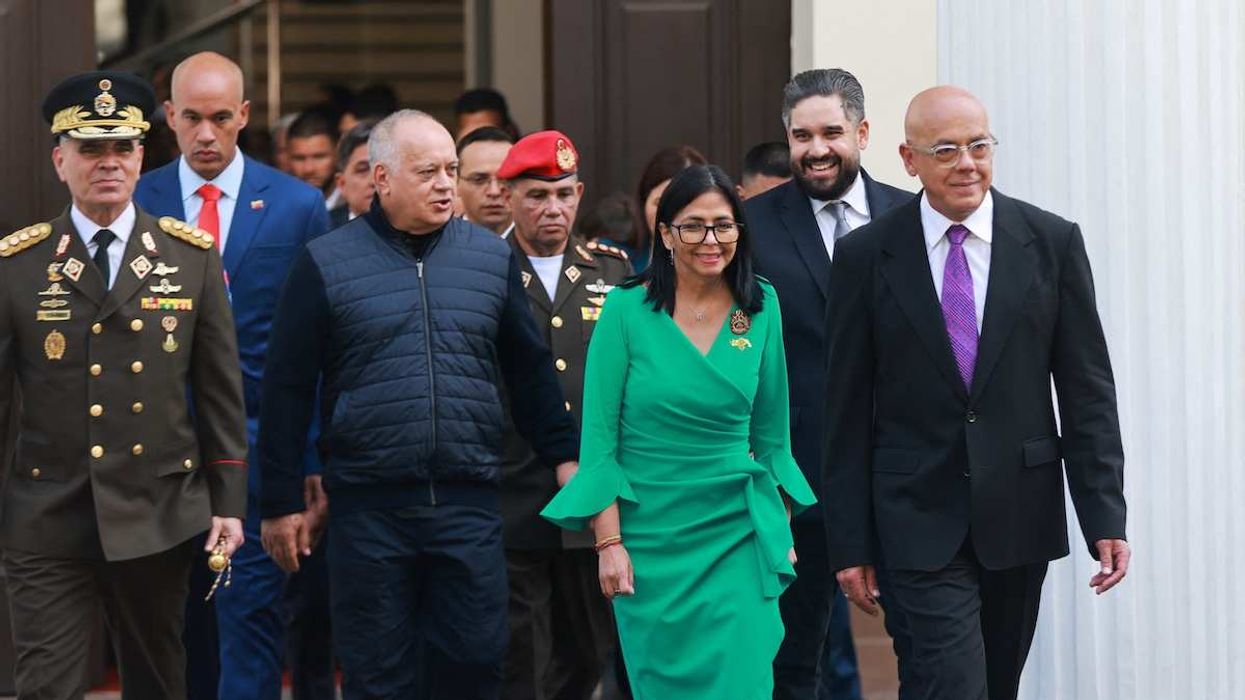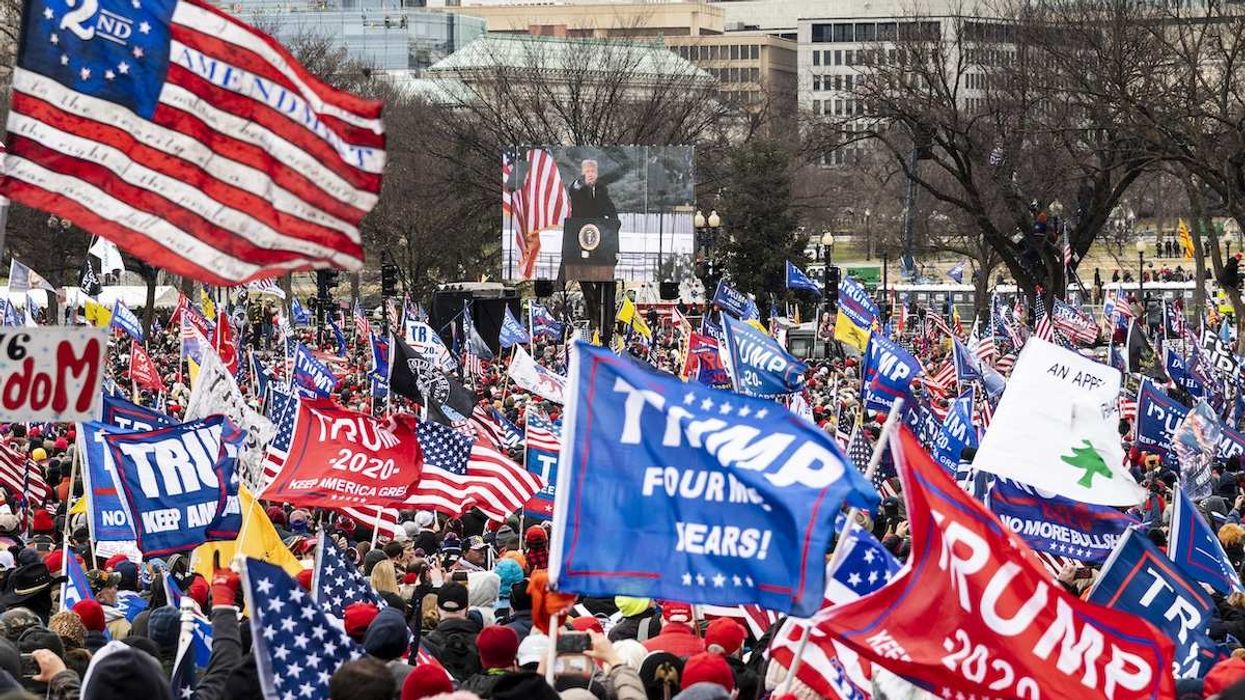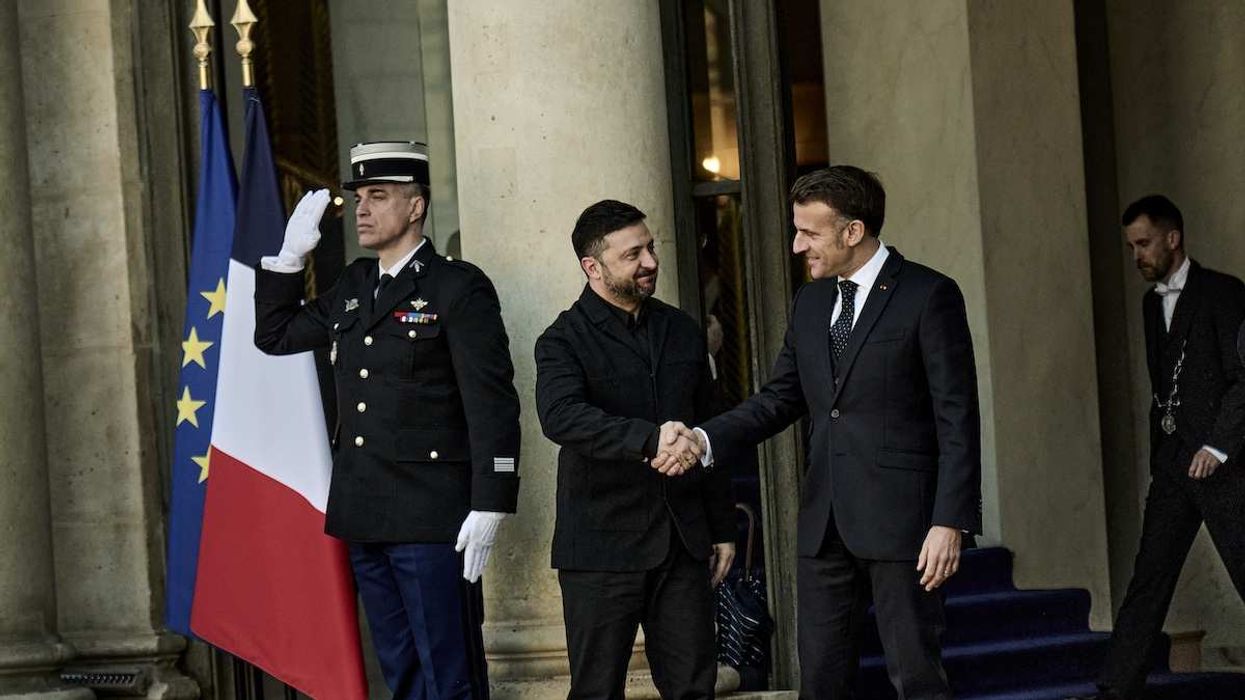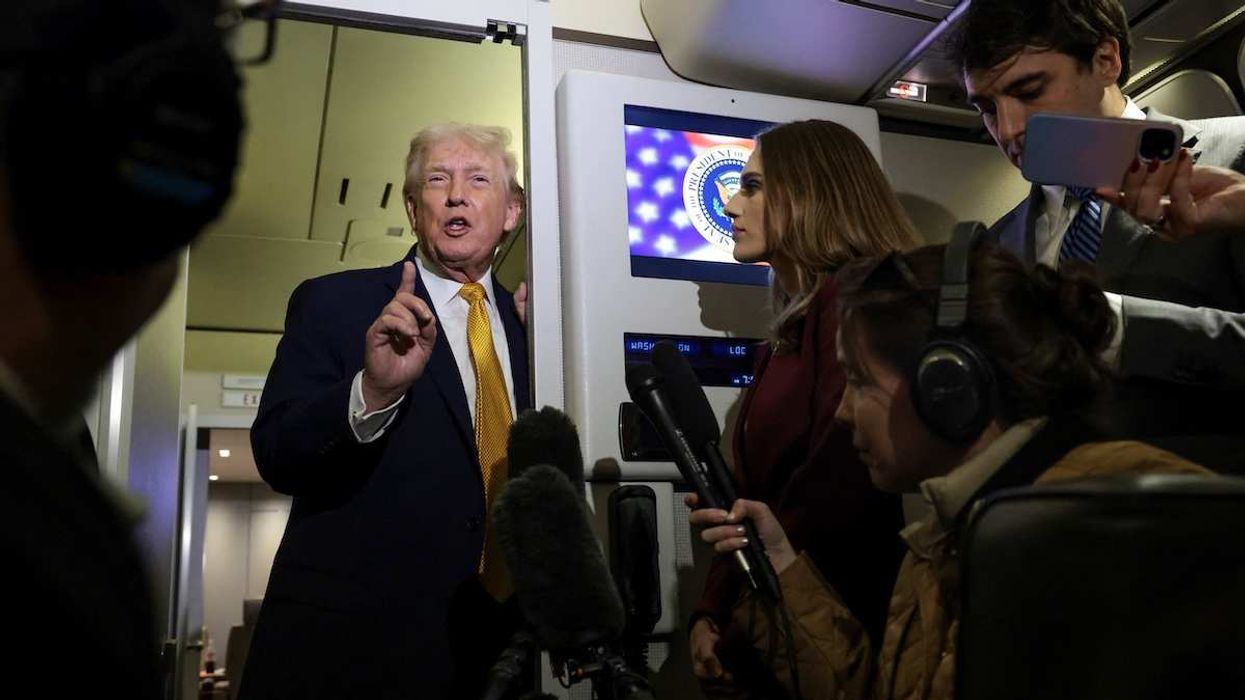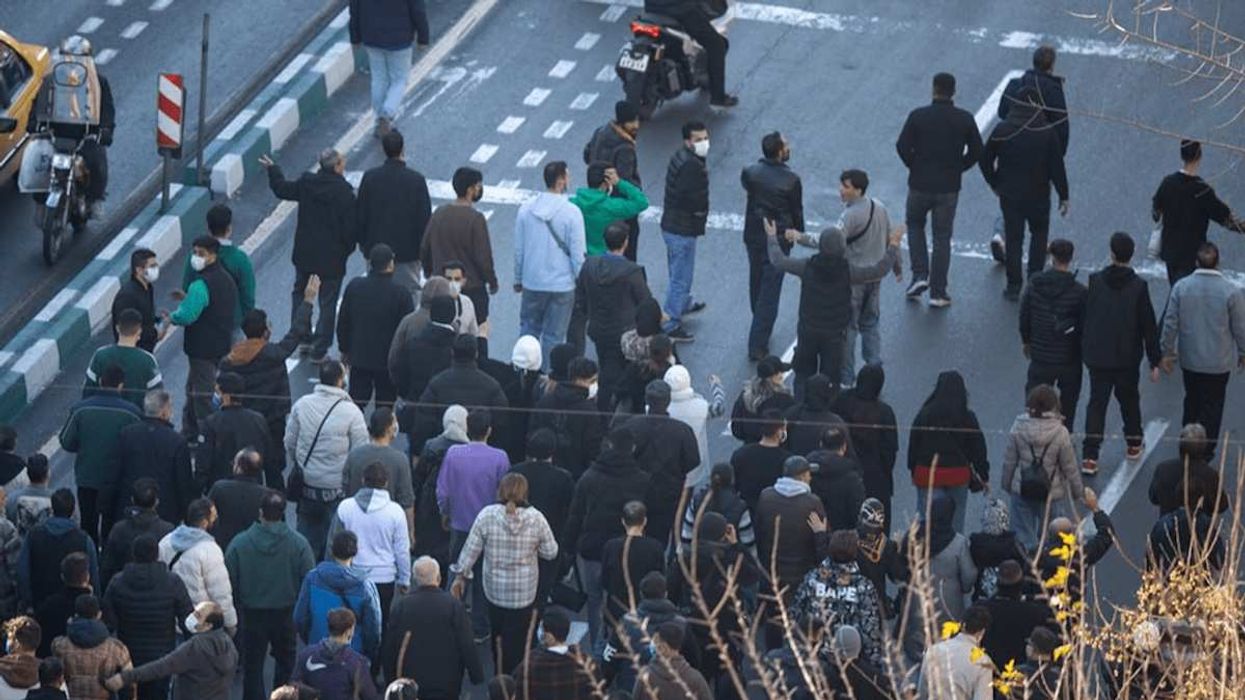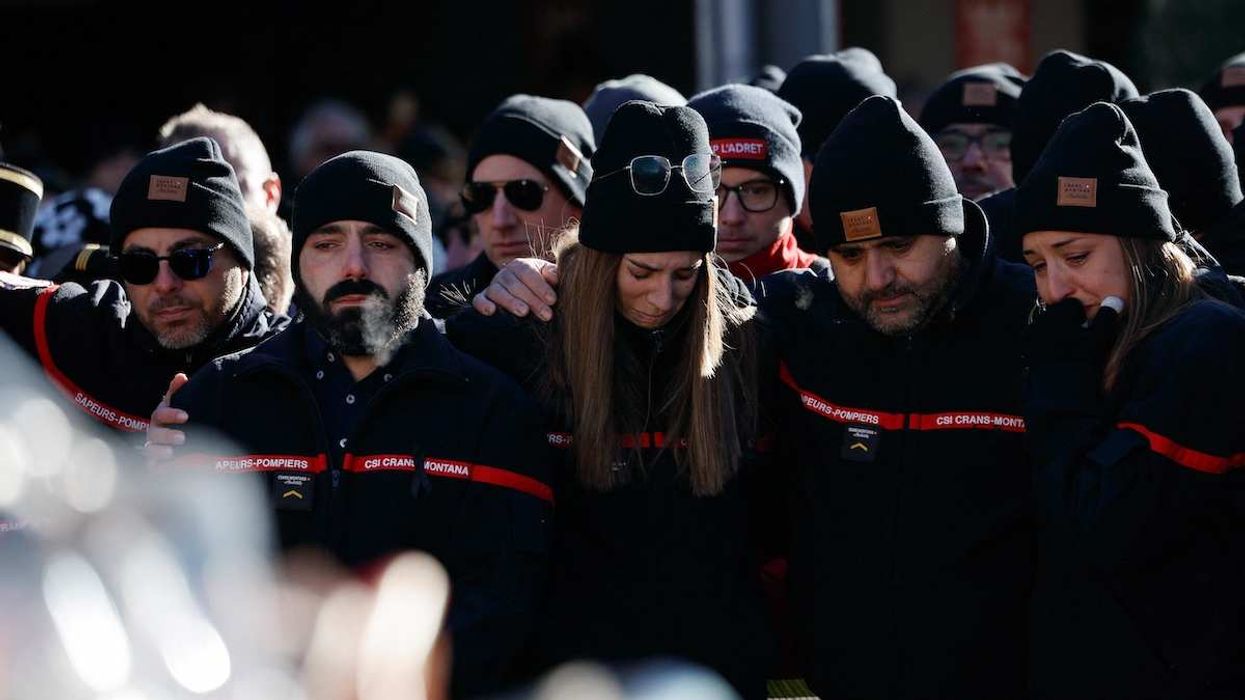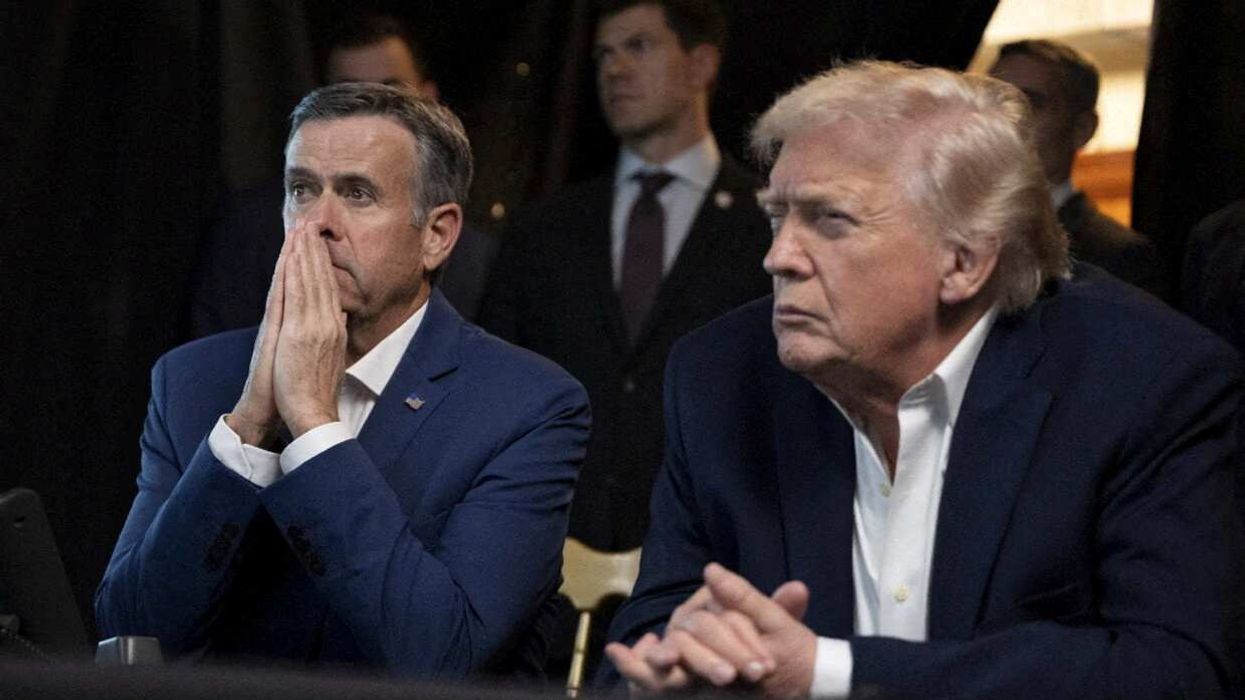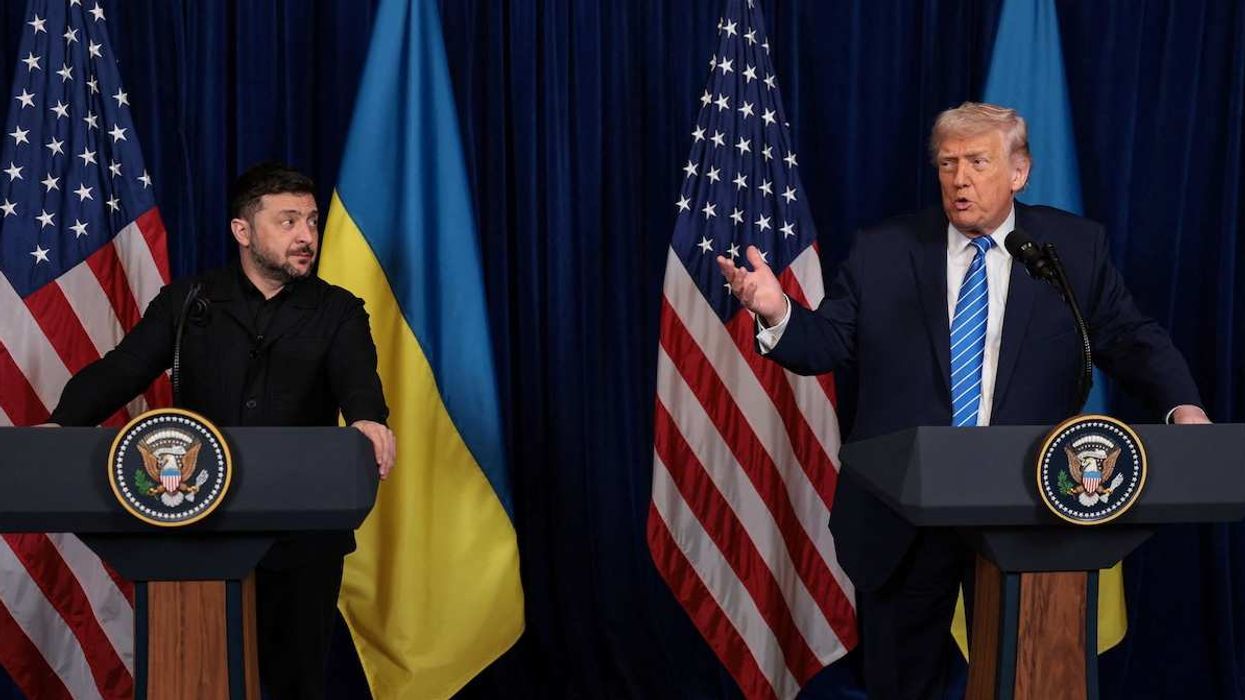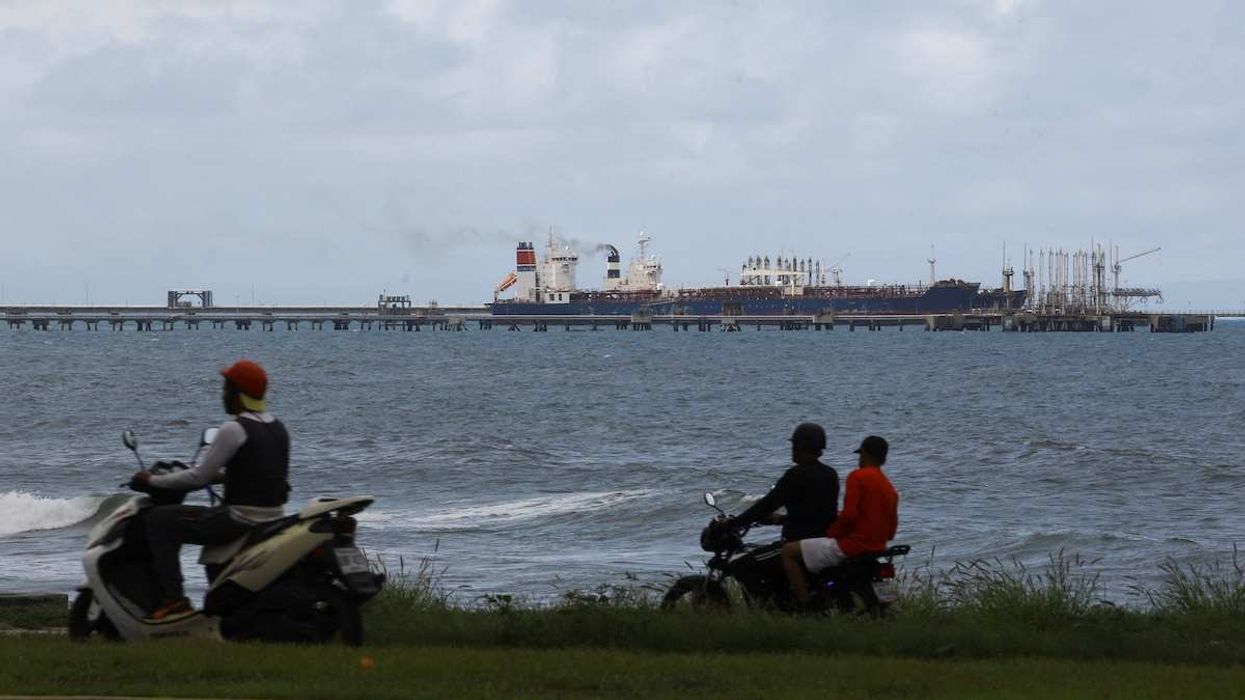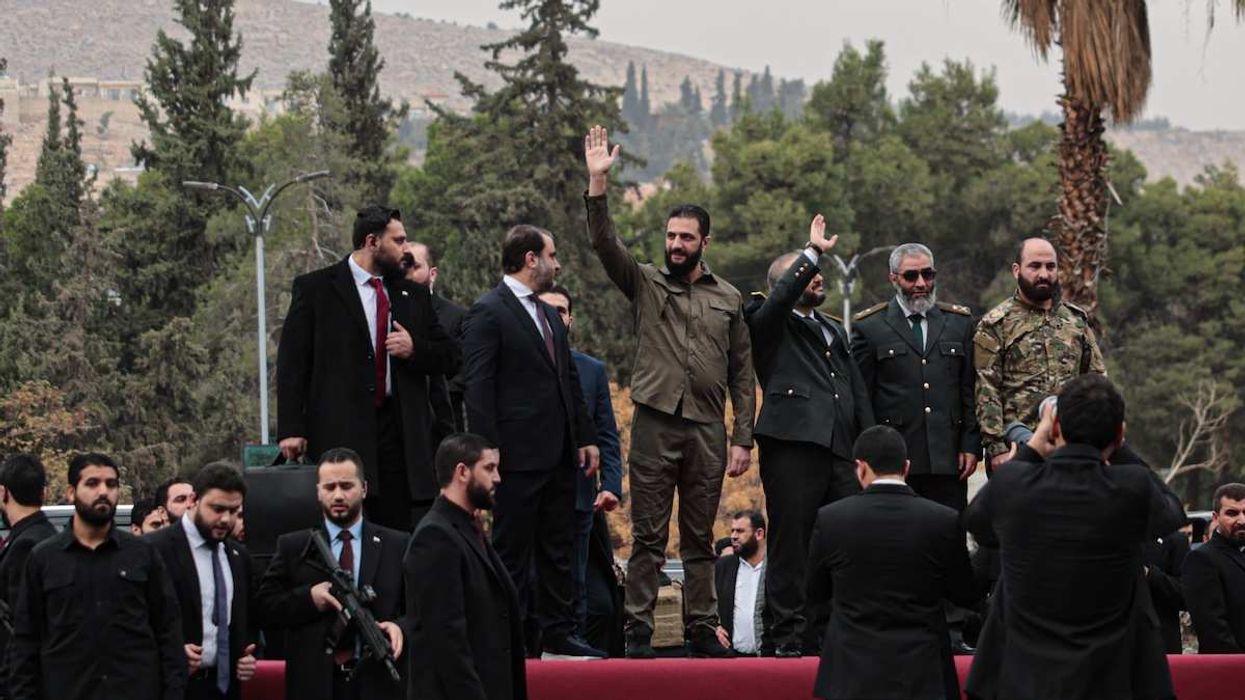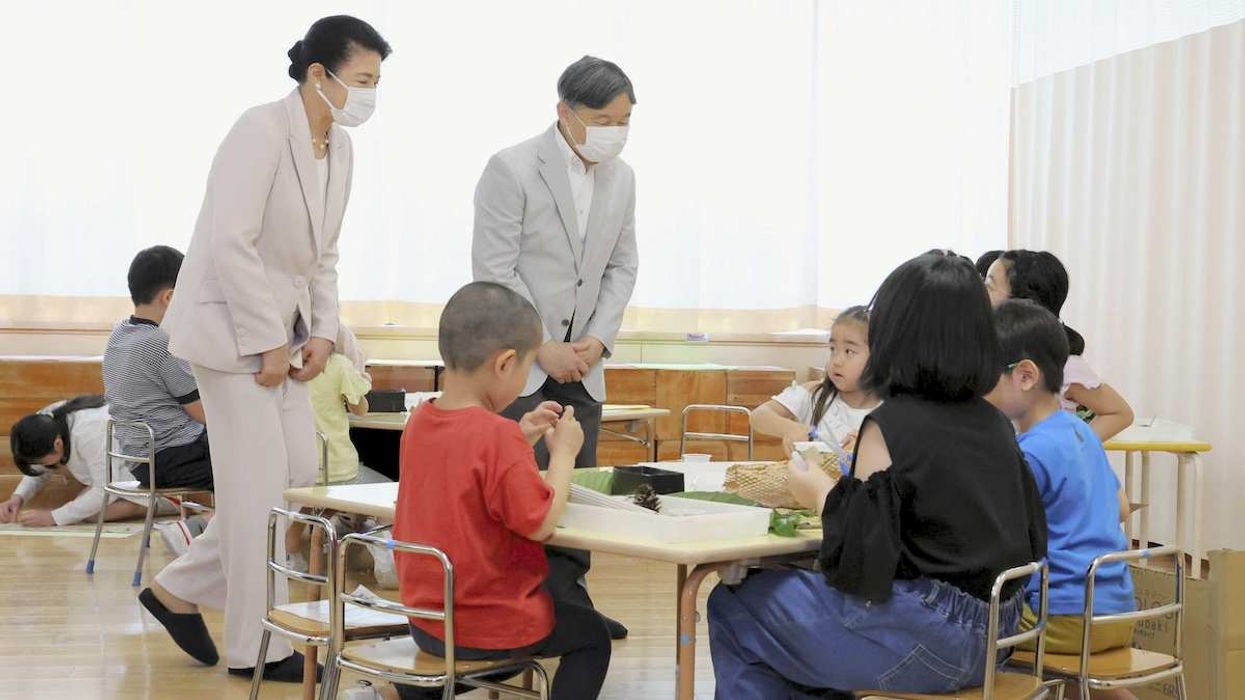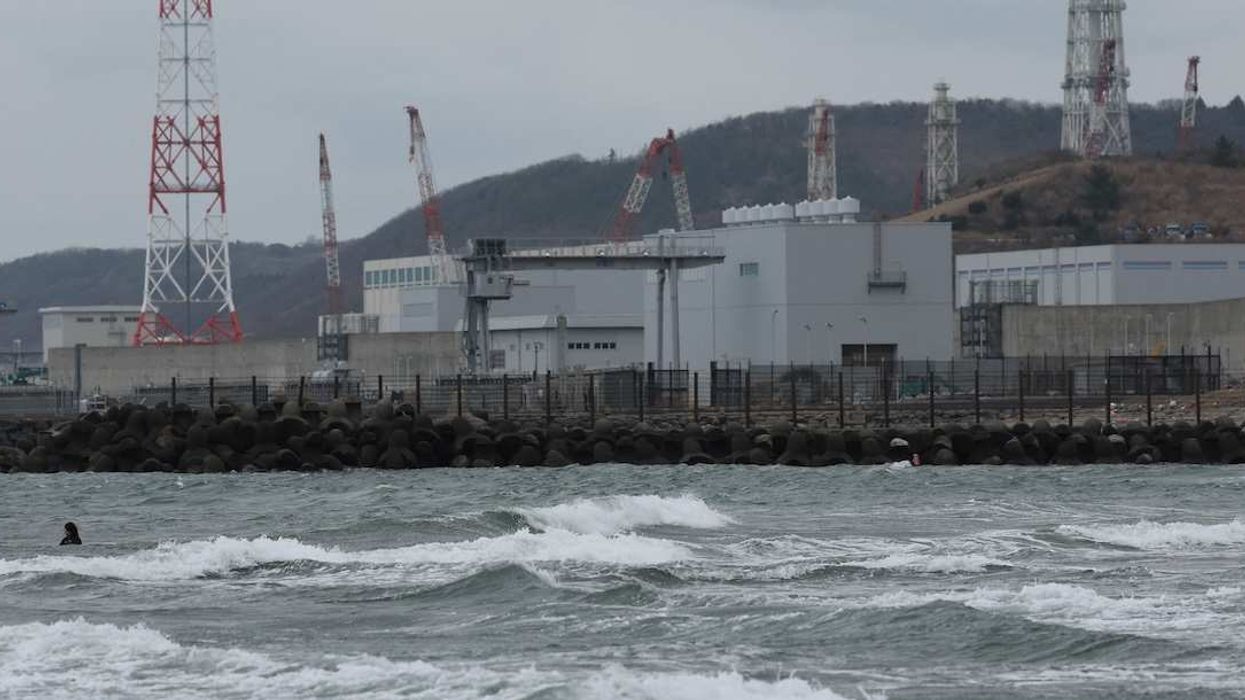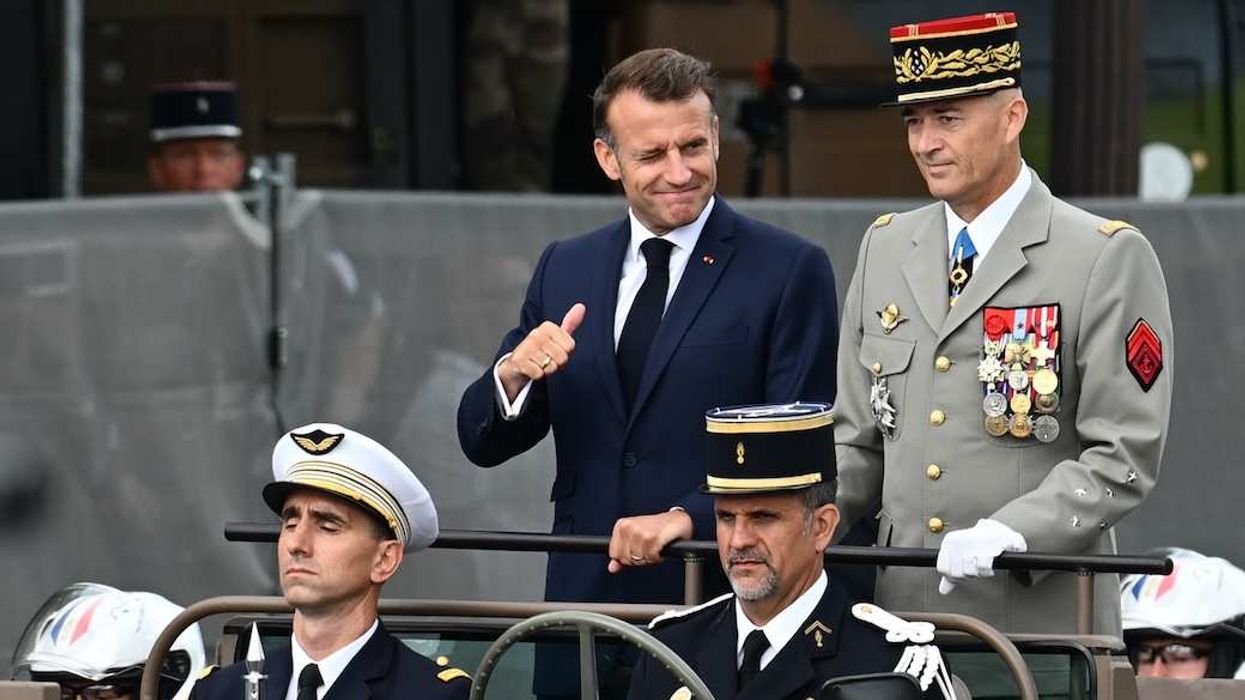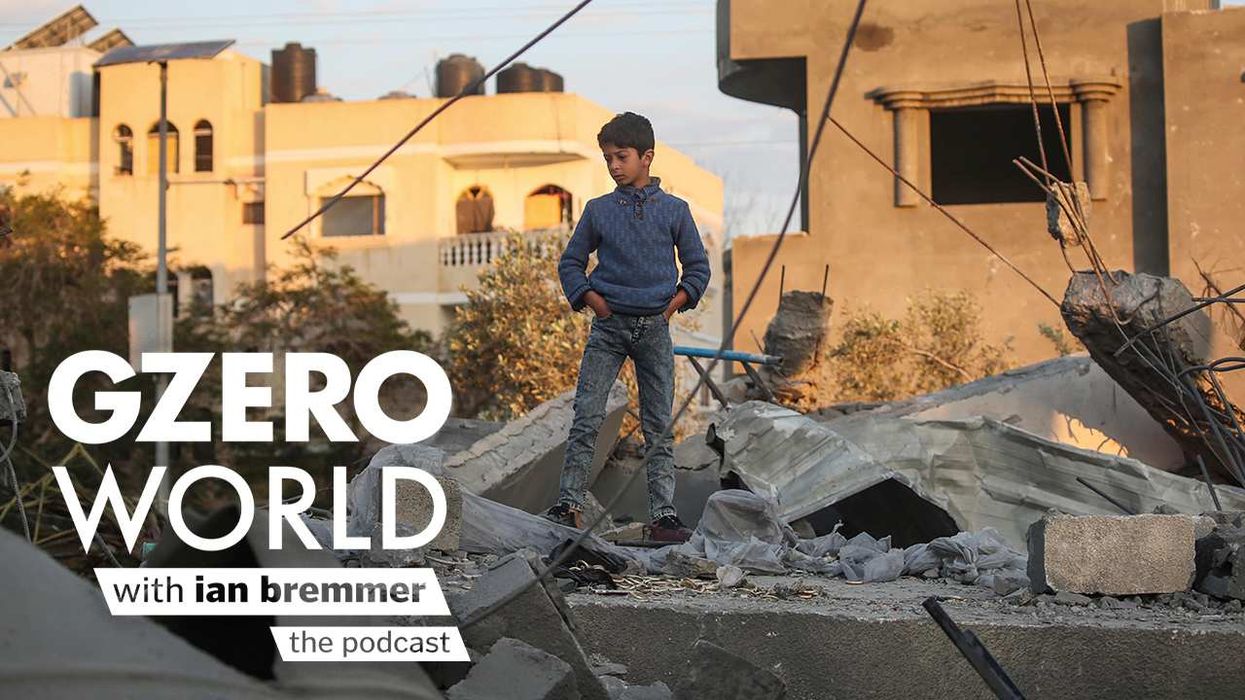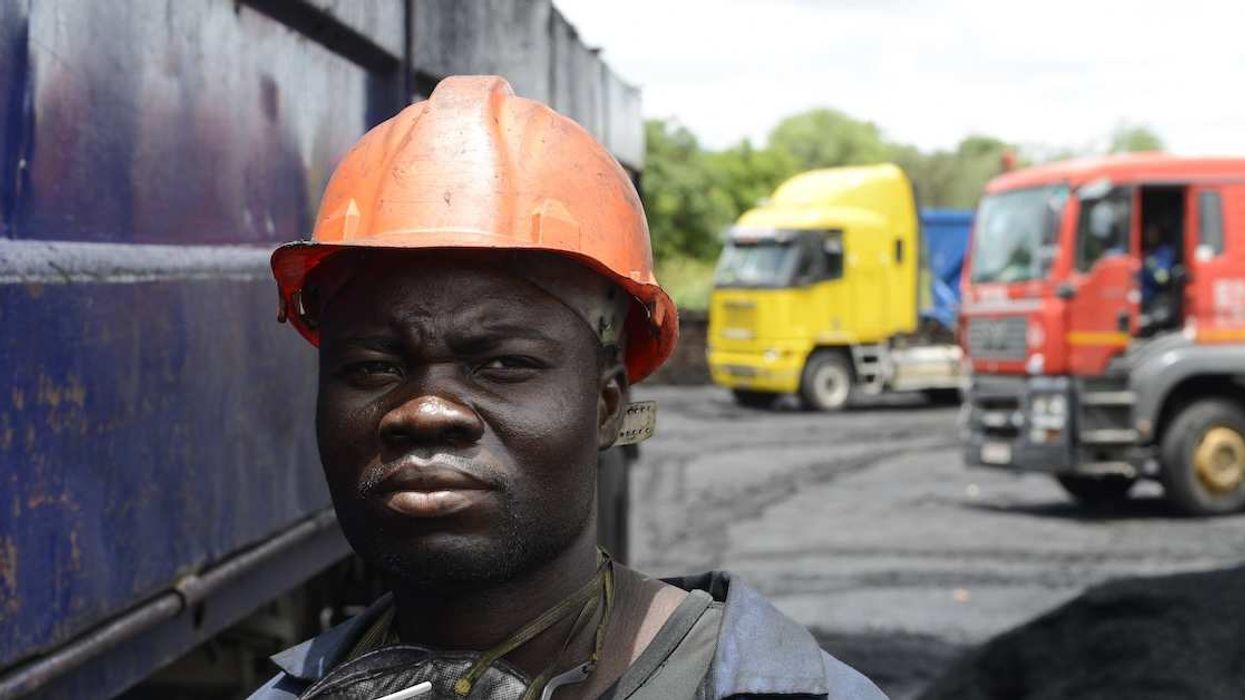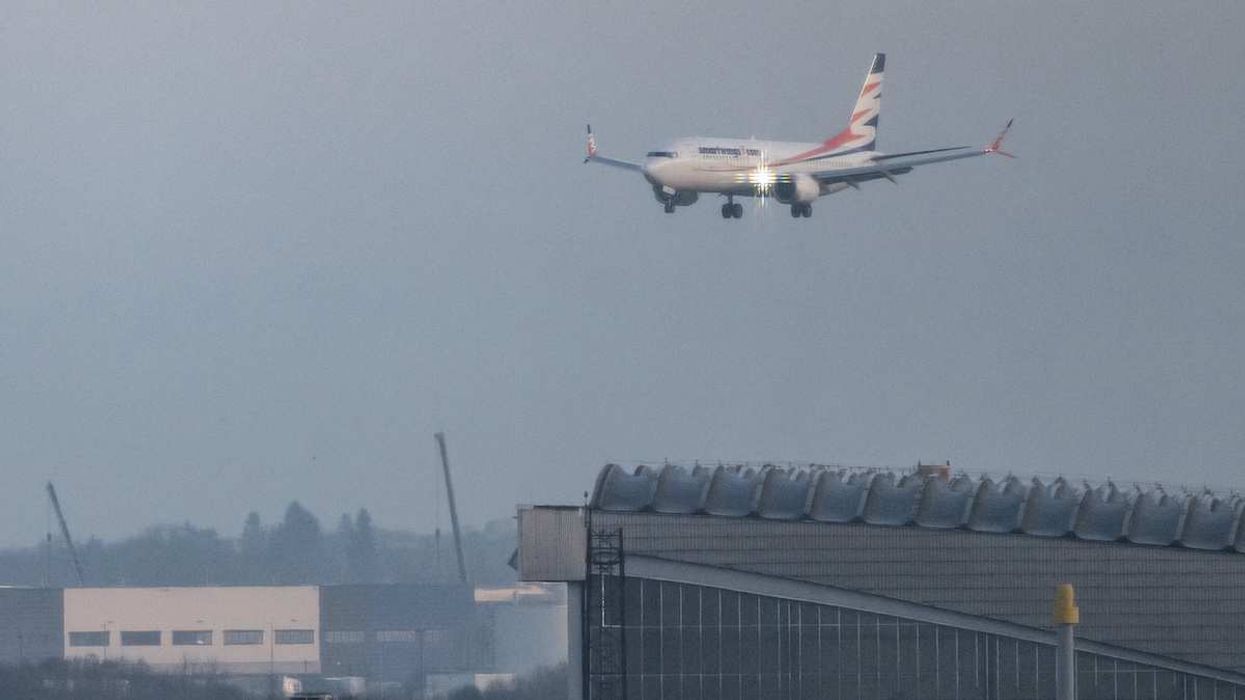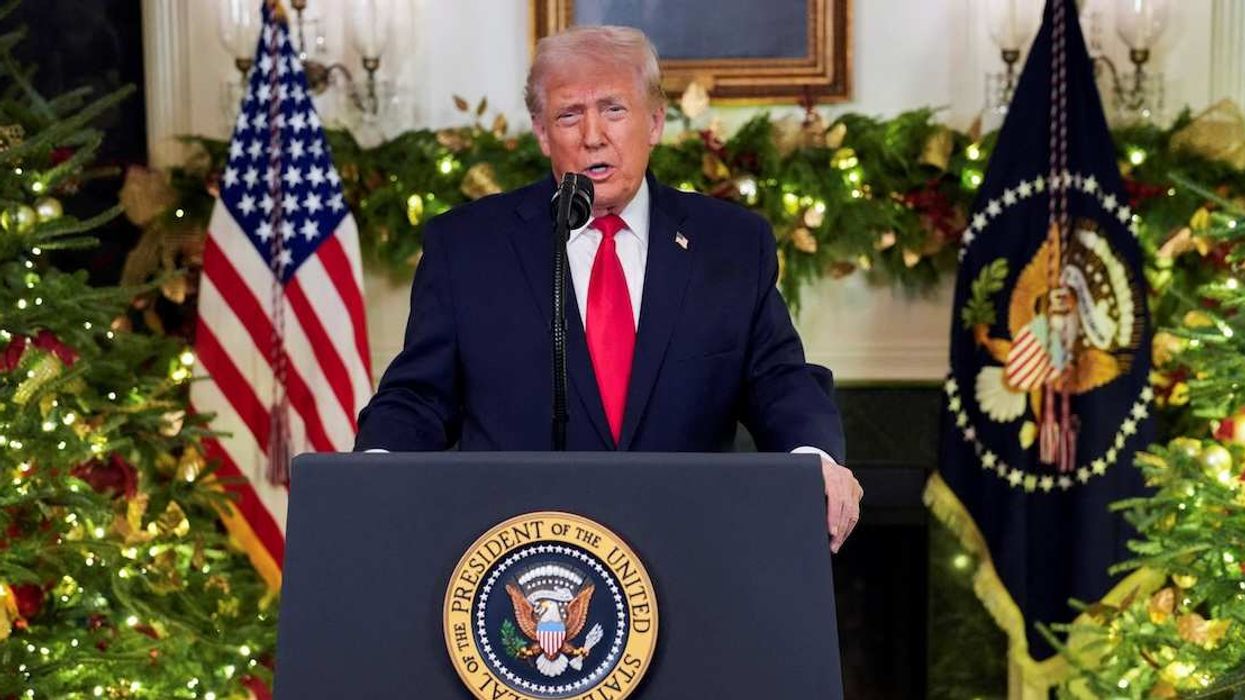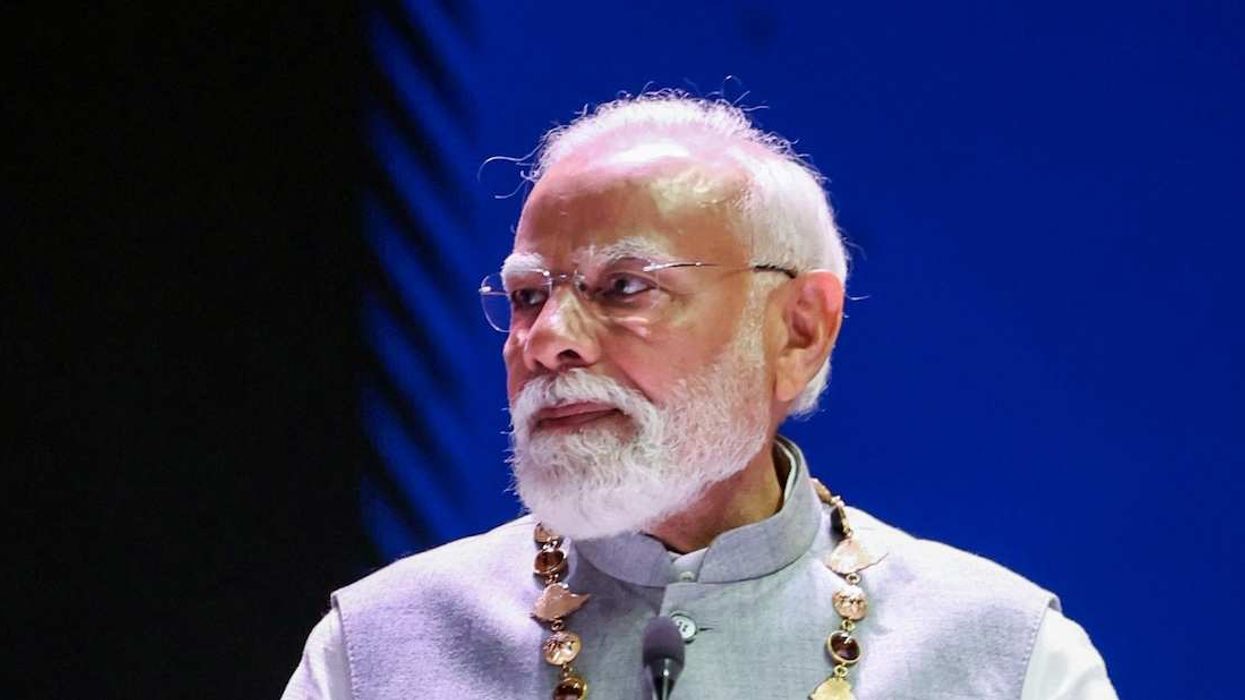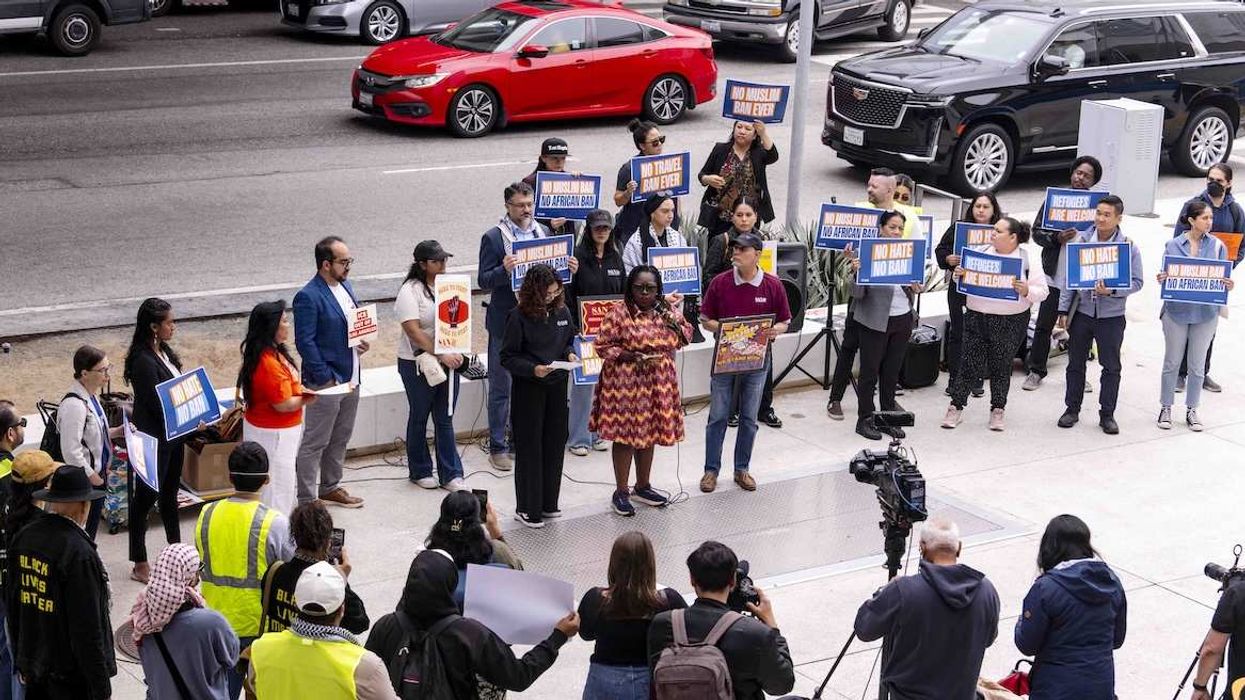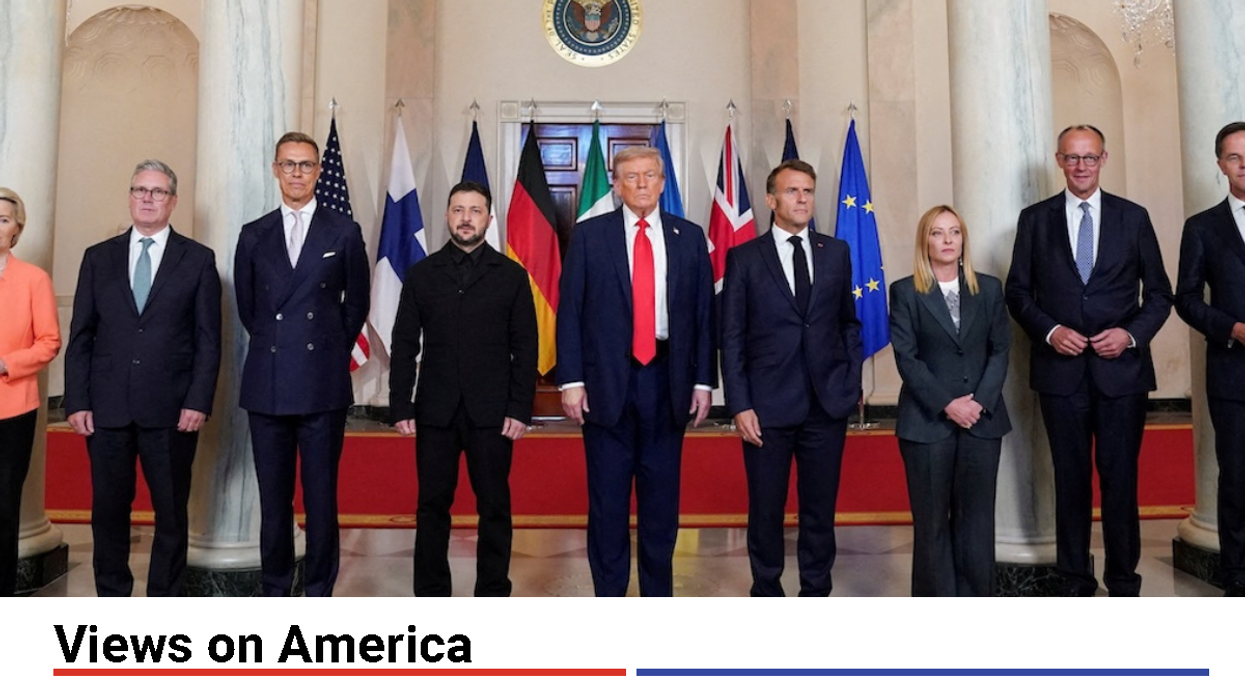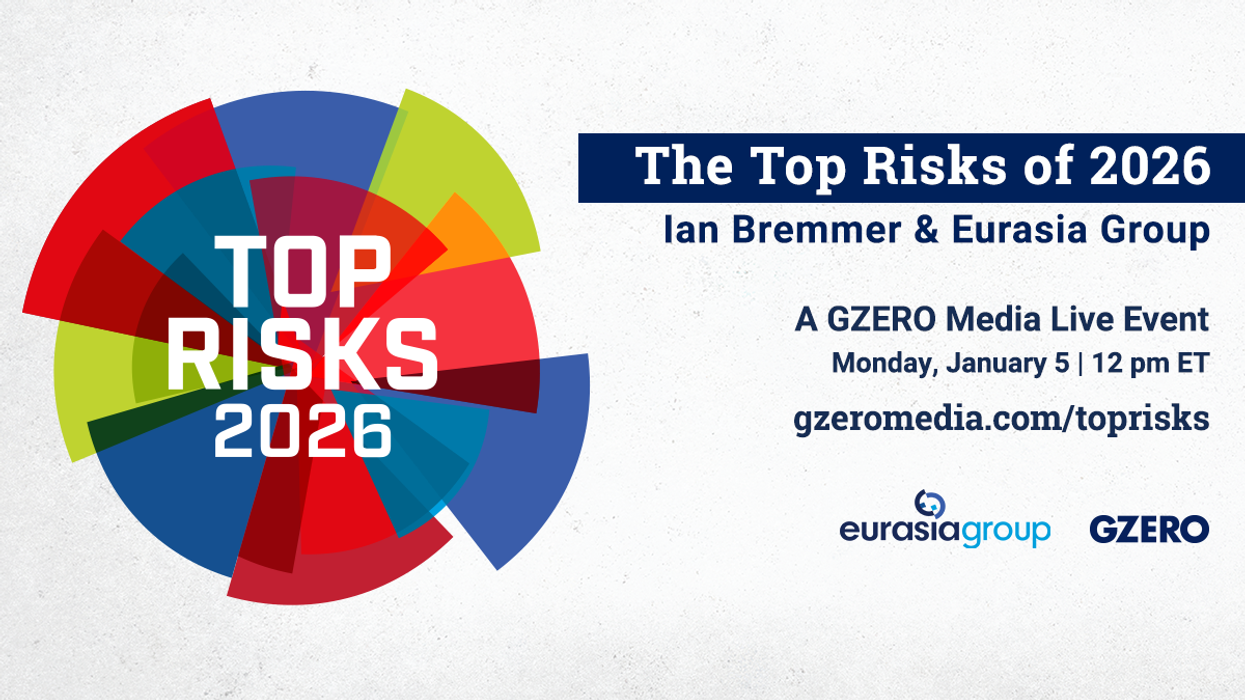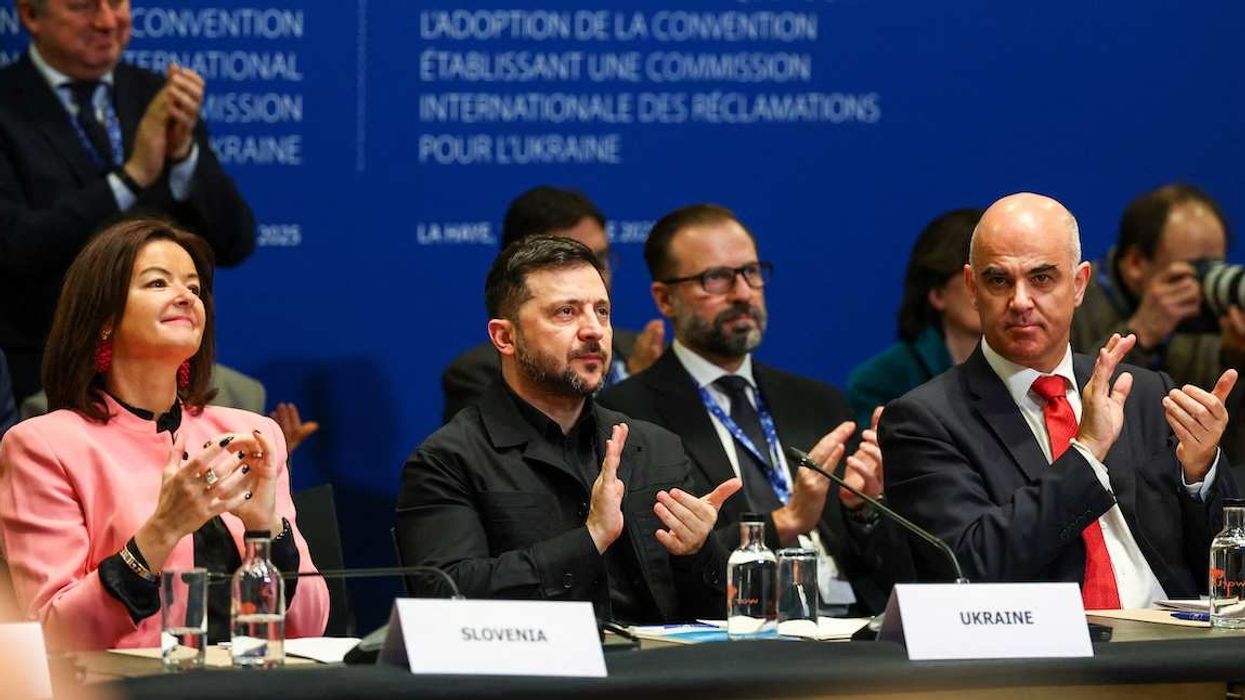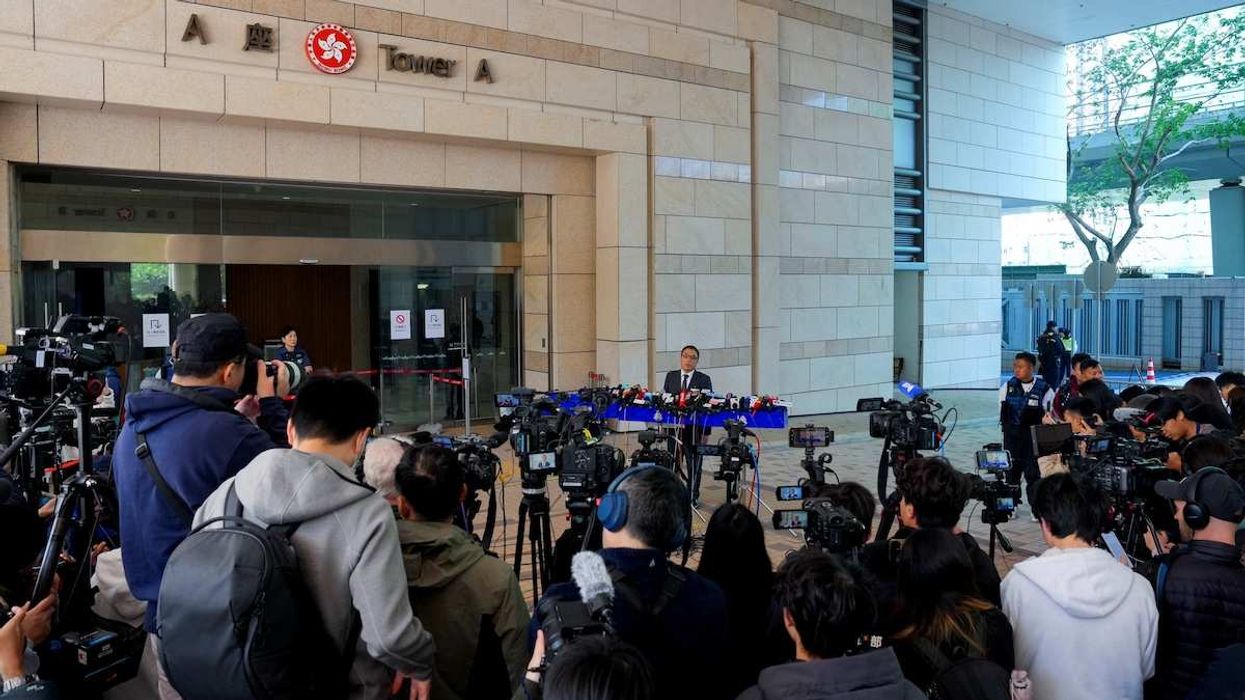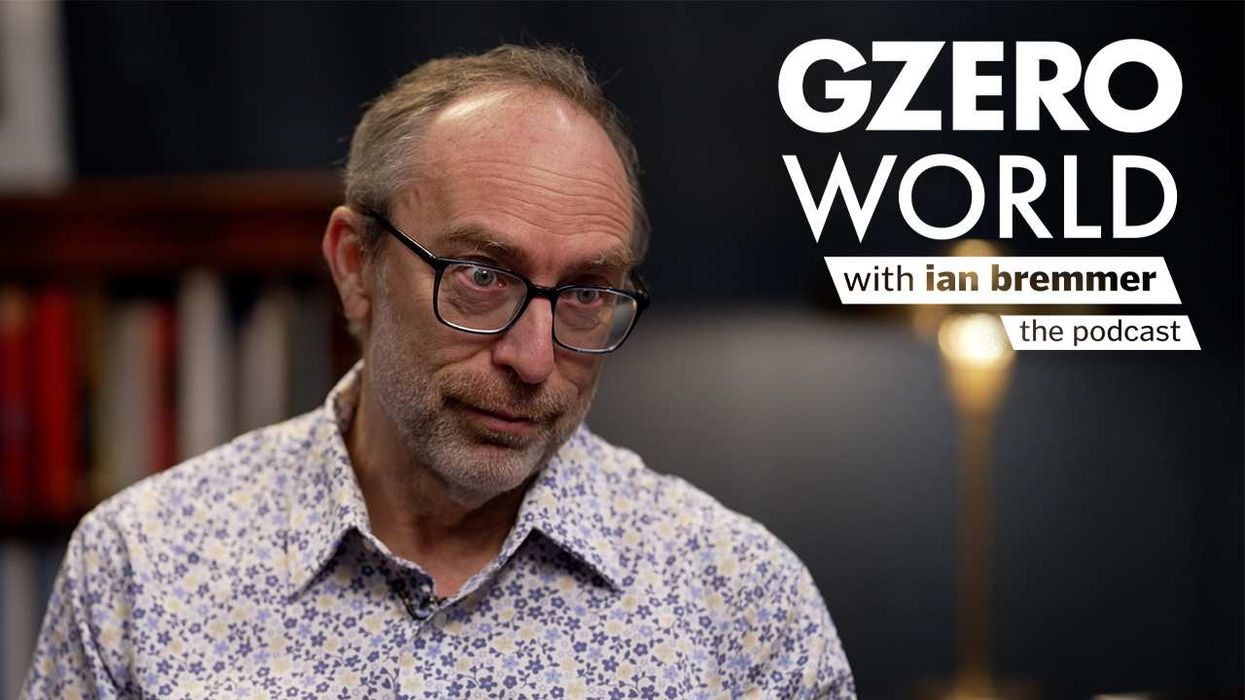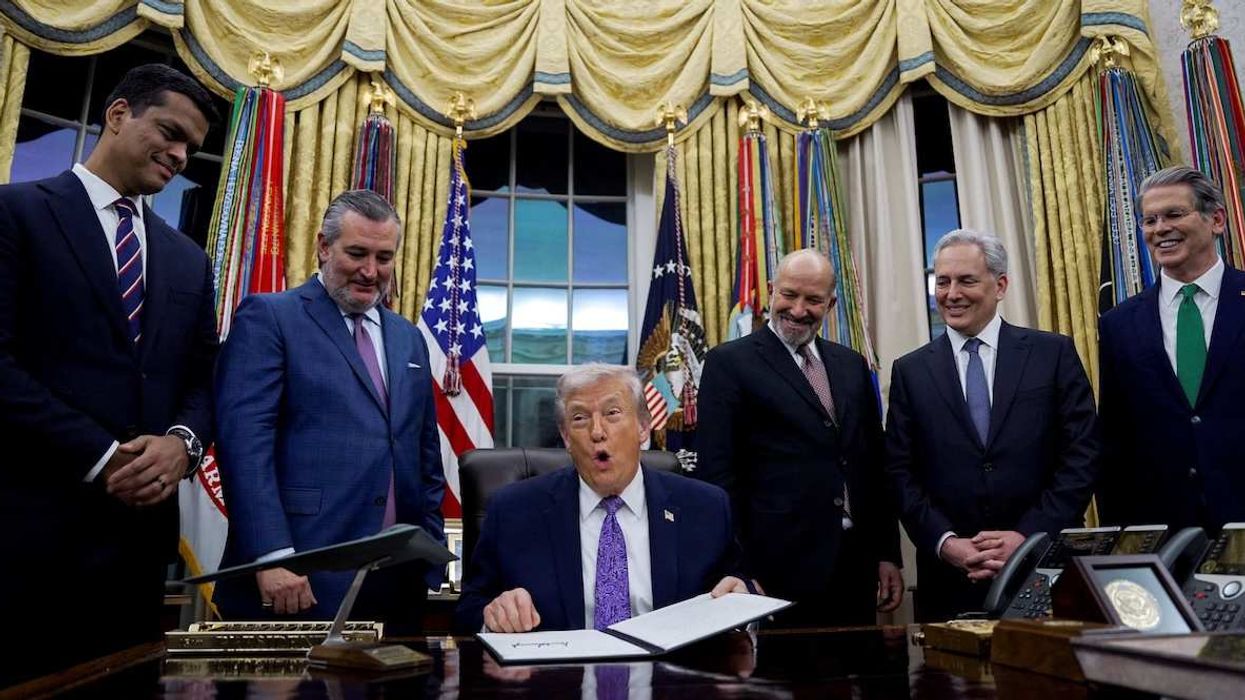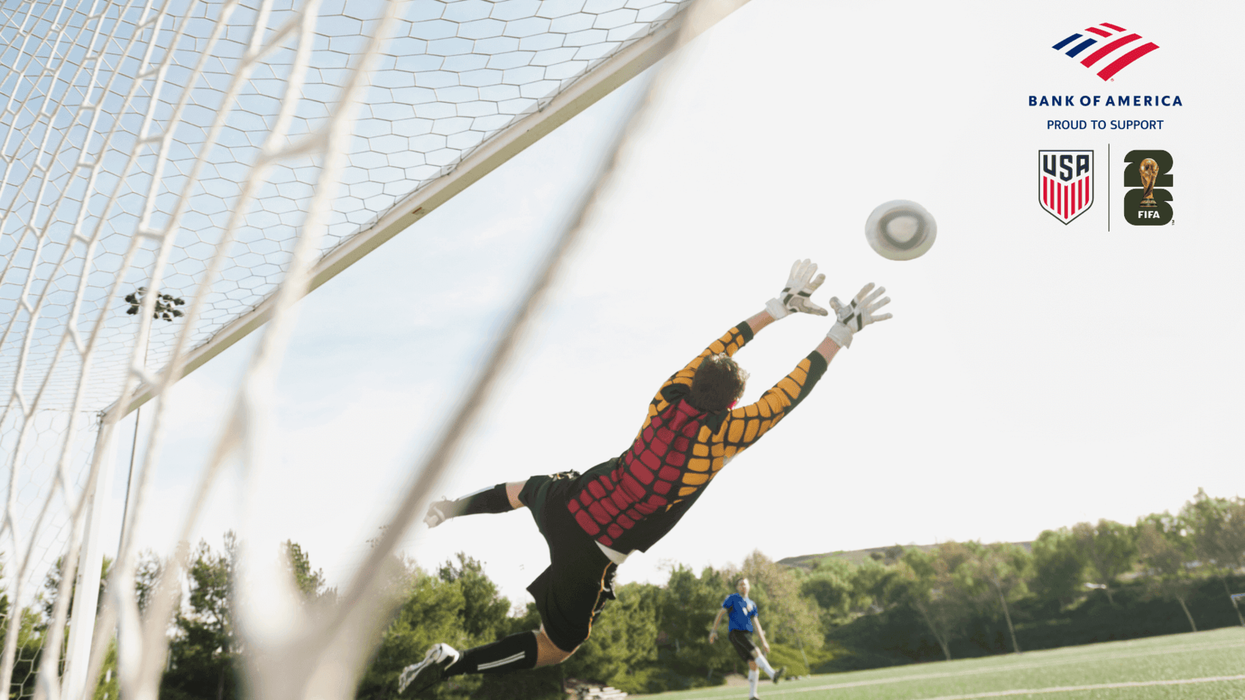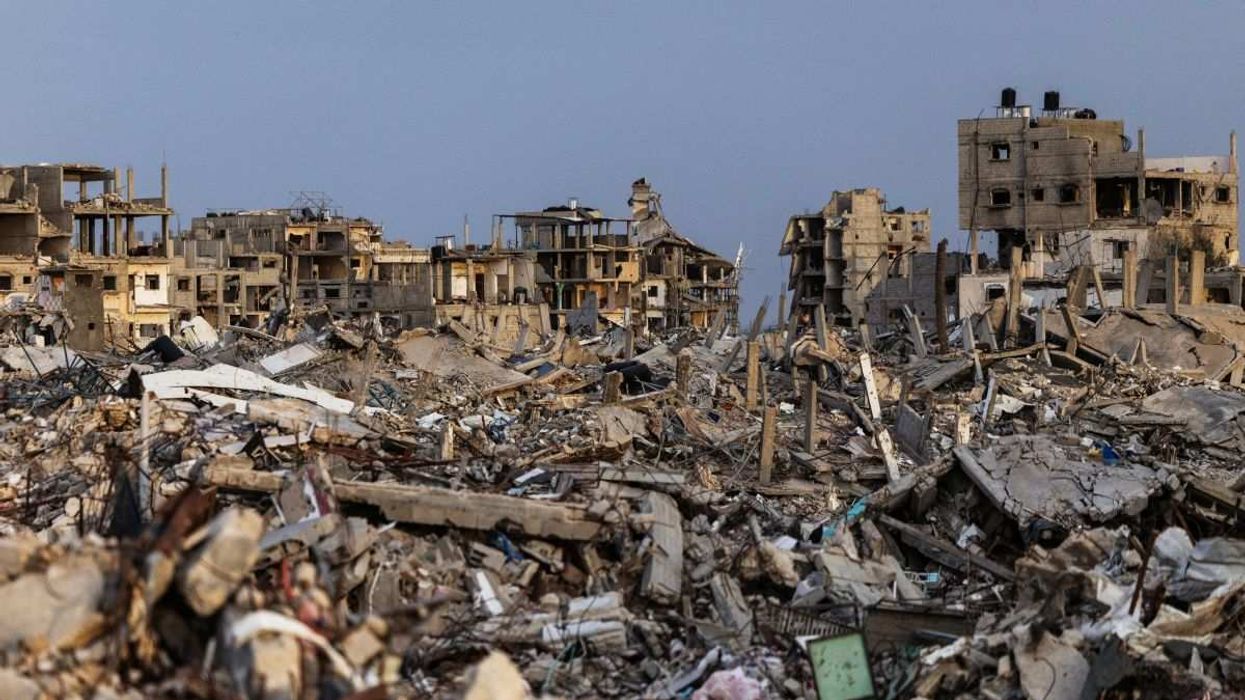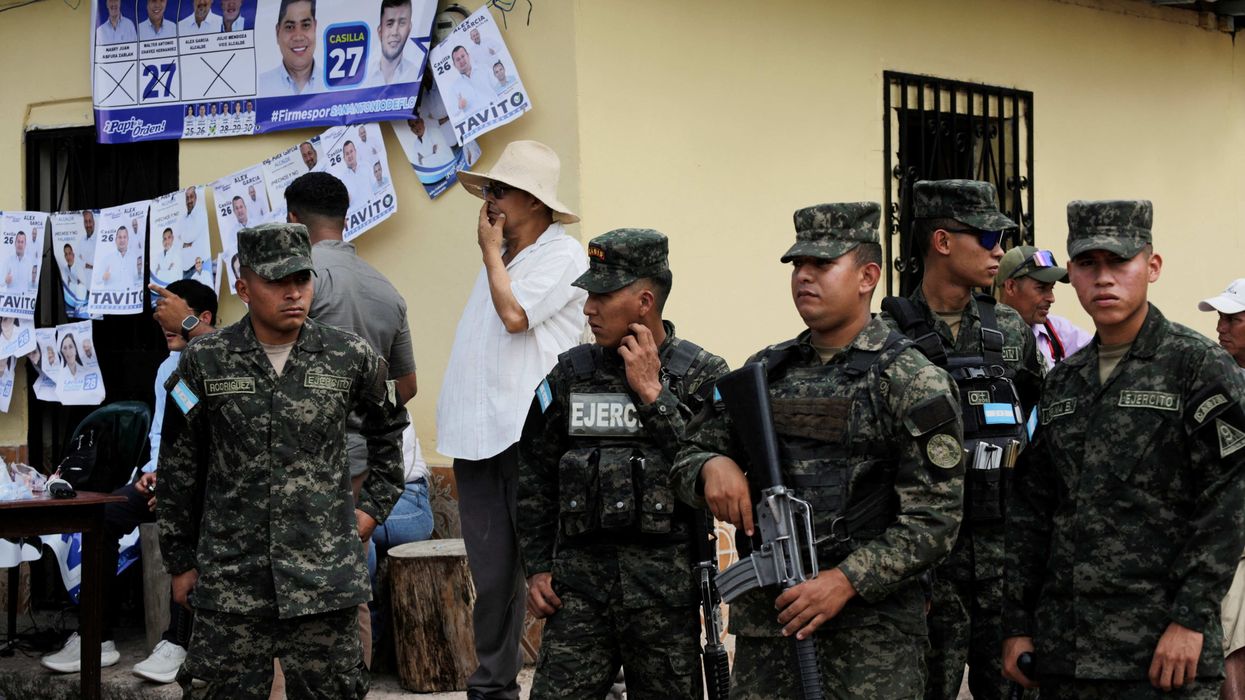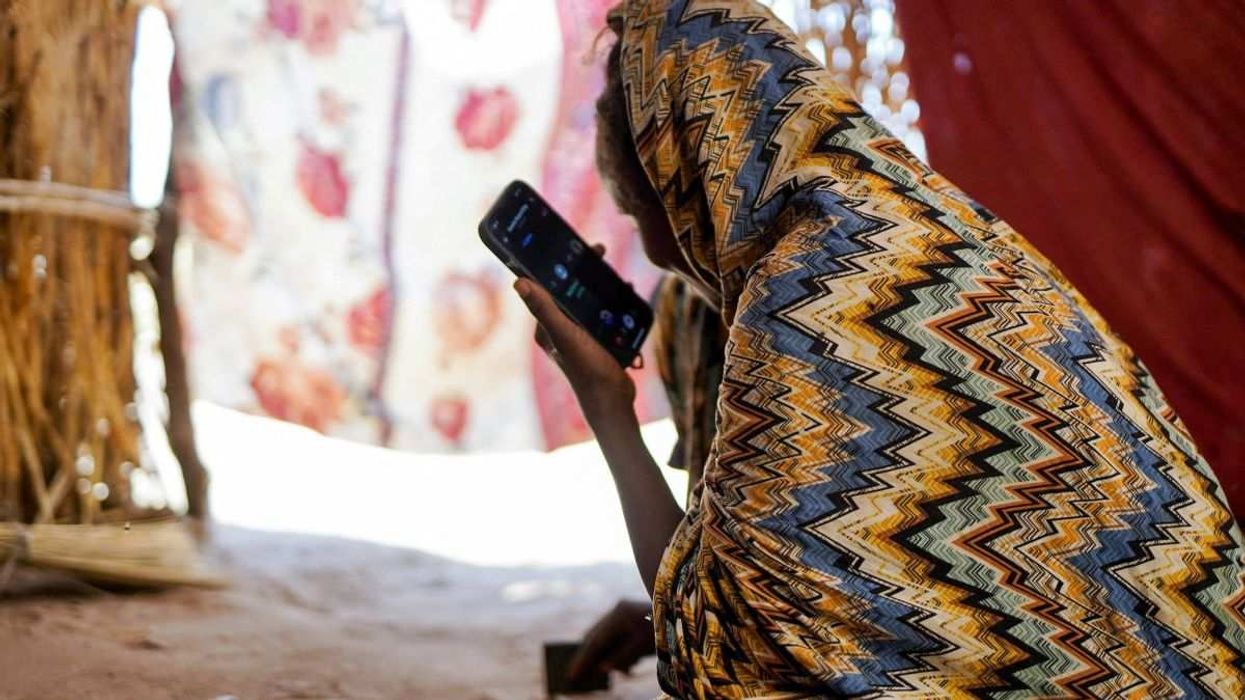VIDEOSGZERO World with Ian BremmerQuick TakePUPPET REGIMEIan ExplainsGZERO ReportsAsk IanGlobal Stage
Site Navigation
Search
Human content,
AI powered search.
Latest Stories
Start your day right!
Get latest updates and insights delivered to your inbox.
Top Risks of 2026
WATCH RECORDING
News
Read the latest news from GZERO with insights on global events.
Presented by
GZERO interviews Venezuelan opposition leader Juan Guaidó.
It once seemed so encouraging for Venezuela's political opposition: Millions in the streets. Strong international support. An unpopular autocrat seemingly on the ropes. But what a difference a month can make.
In early March, Juan Guaidó — the man recognized by dozens of countries as Venezuela's interim president — returned home to cheering crowds. He had been abroad for almost two weeks, currying favor with other regional governments, and trying to get much–needed humanitarian aid to his countrymen.
But in the days since then, little has changed. Venezuelan President Nicolás Maduro remains in power, despite having overseen one of the most staggering economic collapses in modern history.
Guaidó's overtures to the military to drop their support for Maduro have had little effect — only an estimated 1,000 soldiers and national police have defected, despite huge protests, growing sanctions pressure, and the whispered threat of US military action. The top brass remains loyal to Maduro.
In fact, after a few weeks of mostly ignoring Mr. Guaidó, Venezuelan authorities have quietly ratcheted up pressure of their own. Earlier this week, in a pre-dawn raid, the intelligence services detained Mr. Guaidó's chief of staff at his home, raising the possibility that the government may be closing in on Mr. Guaidó himself.
With relatively few tangible gains to show recently, what is Guaidós plan? Is he open to US military intervention? What would a realistic transition look like?
He sits down with us to answer these very questions. Watch the interview here.
More from News
Venezuela’s new leadership?
January 06, 2026
Tools and Weapons – In Conversation with Ed Policy
January 06, 2026
Trump’s “Eff around and find out” world
January 06, 2026
Dealing with Delcy: Regime change without changing the regime
January 06, 2026
The biggest geopolitical risks of 2026 revealed
January 05, 2026
Where things stand with Venezuela: Washington makes its demands
January 05, 2026
Venezuela after Maduro: the key questions now.
January 03, 2026
Hard numbers: Venezuela edition
January 03, 2026
Quick Take
Jan 03, 2026
Puppet Regime
Dec 31, 2025
Geopolitical uncertainty? Oil markets no longer care
December 30, 2025
ask ian
Dec 29, 2025
A year after Assad’s fall, can Syria hold together?
December 29, 2025
Economic Trends Shaping 2026: Trade, AI, Small Business
December 27, 2025
Protests against AI rock the North Pole
December 24, 2025
Beyond Gaza and Ukraine: The wars the world is ignoring
December 23, 2025
Revisiting the top geopolitical risks of 2025
December 23, 2025
Top risks of 2025, reviewed
December 23, 2025
Israel is still banning foreign media from entering Gaza
December 23, 2025
Is the US heading toward military strikes in Venezuela?
December 22, 2025
The top geopolitical stories of 2025
December 22, 2025
Trump to Zelensky: Just keep it light bro
December 22, 2025
GZERO World with Ian Bremmer
Dec 22, 2025
Economic Trends Shaping 2026: Trade, AI, Small Business
December 21, 2025
War and Peace in 2025, with Clarissa Ward and Comfort Ero
December 20, 2025
Ian Explains
Dec 19, 2025
A former immigration chief weighs in on Trump’s second act
December 19, 2025
You vs. the News: A Weekly News Quiz - December 19, 2025
December 19, 2025
Trump is at risk of falling into the Biden trap on the economy
December 18, 2025
Europe’s moment of truth
December 17, 2025
Top 10 Quotes from GZERO World with Ian Bremmer in 2025
December 17, 2025
Consumers are spending–just not evenly
December 17, 2025
Viewpoint: Trump wants a Europe more like US
December 17, 2025
What’s Good Wednesdays™, December 17, 2025 – holiday movie edition
December 17, 2025
Walmart's $350 billion commitment to American jobs
December 17, 2025
Watch today's livestream: the Top Risks of 2026 with Ian Bremmer
December 16, 2025
Tools and Weapons – In Conversation with Ed Policy
December 16, 2025
Six elections to watch in 2026
December 16, 2025
Trump, loyalty, and the limits of accountability
December 16, 2025
Putin's big holiday party mistake
December 16, 2025
Wikipedia's cofounder says the site crossed a line on Gaza
December 16, 2025
Europe takes control of Ukraine’s future
December 15, 2025
An ally under suspicion
December 15, 2025
In Wikipedia We Trust?
December 15, 2025
Economic Trends Shaping 2026: Trade, AI, Small Business
December 13, 2025
Why we still trust Wikipedia, with cofounder Jimmy Wales
December 13, 2025
Understanding AI in 2025 with Global Stage
December 13, 2025
Can we still trust Wikipedia?
December 12, 2025
How chads and China shaped our world
December 12, 2025
You vs. the News: A Weekly News Quiz - December 12, 2025
December 12, 2025
Republicans lose on Trump’s home turf again
December 11, 2025
It’s official: Trump wants a weaker European Union
December 10, 2025
The power of sports
December 10, 2025
Japan’s leader has had a tricky start. But the public loves her.
December 10, 2025
What’s Good Wednesdays™, December 10, 2025
December 10, 2025
Walmart's $350 billion commitment to American jobs
December 10, 2025
Tools and Weapons – In Conversation with Ed Policy
December 09, 2025
Honduras awaits election results, but will they be believed?
December 09, 2025
Geoffrey Hinton on how humanity can survive AI
December 09, 2025
Notre Dame, politics, and playing by their own rules
December 08, 2025
GZERO Series
GZERO Daily: our free newsletter about global politics
Keep up with what’s going on around the world - and why it matters.
